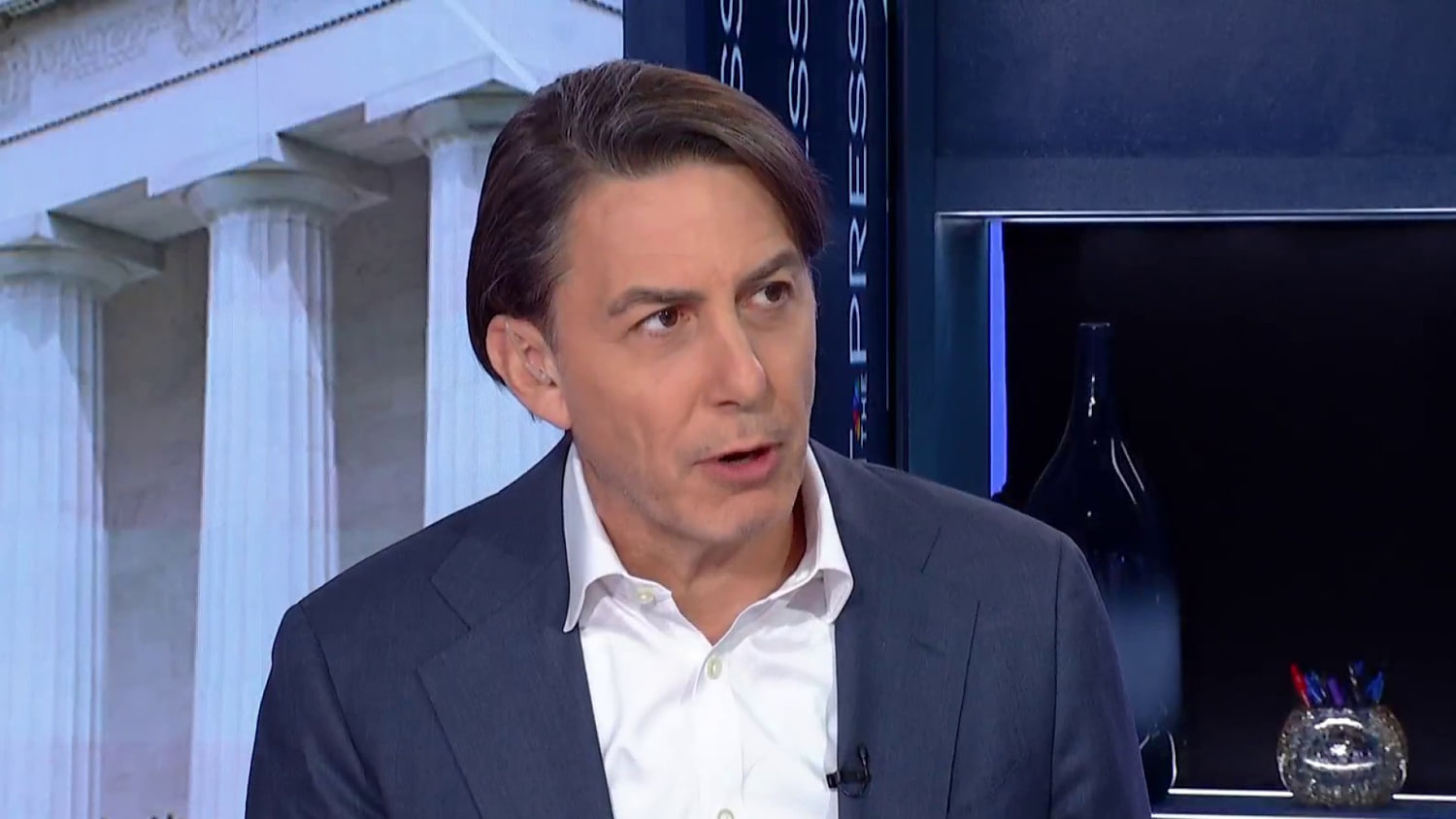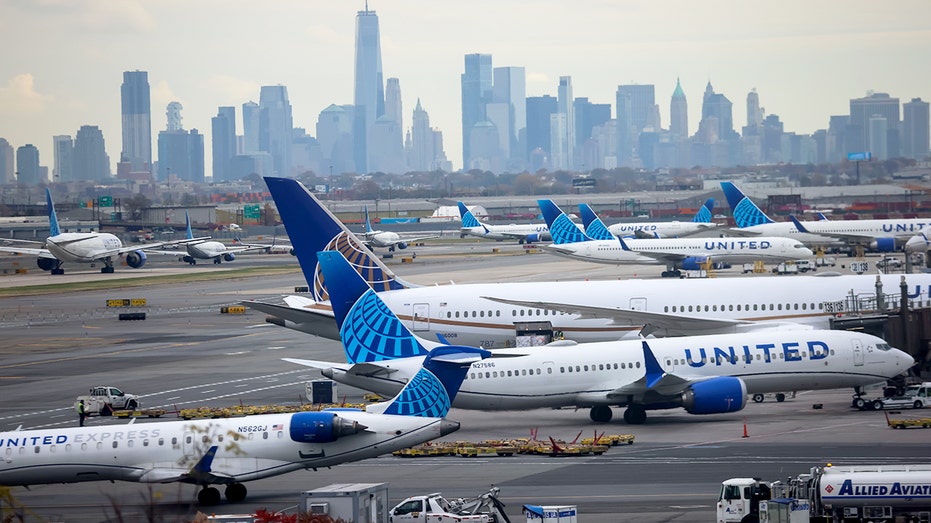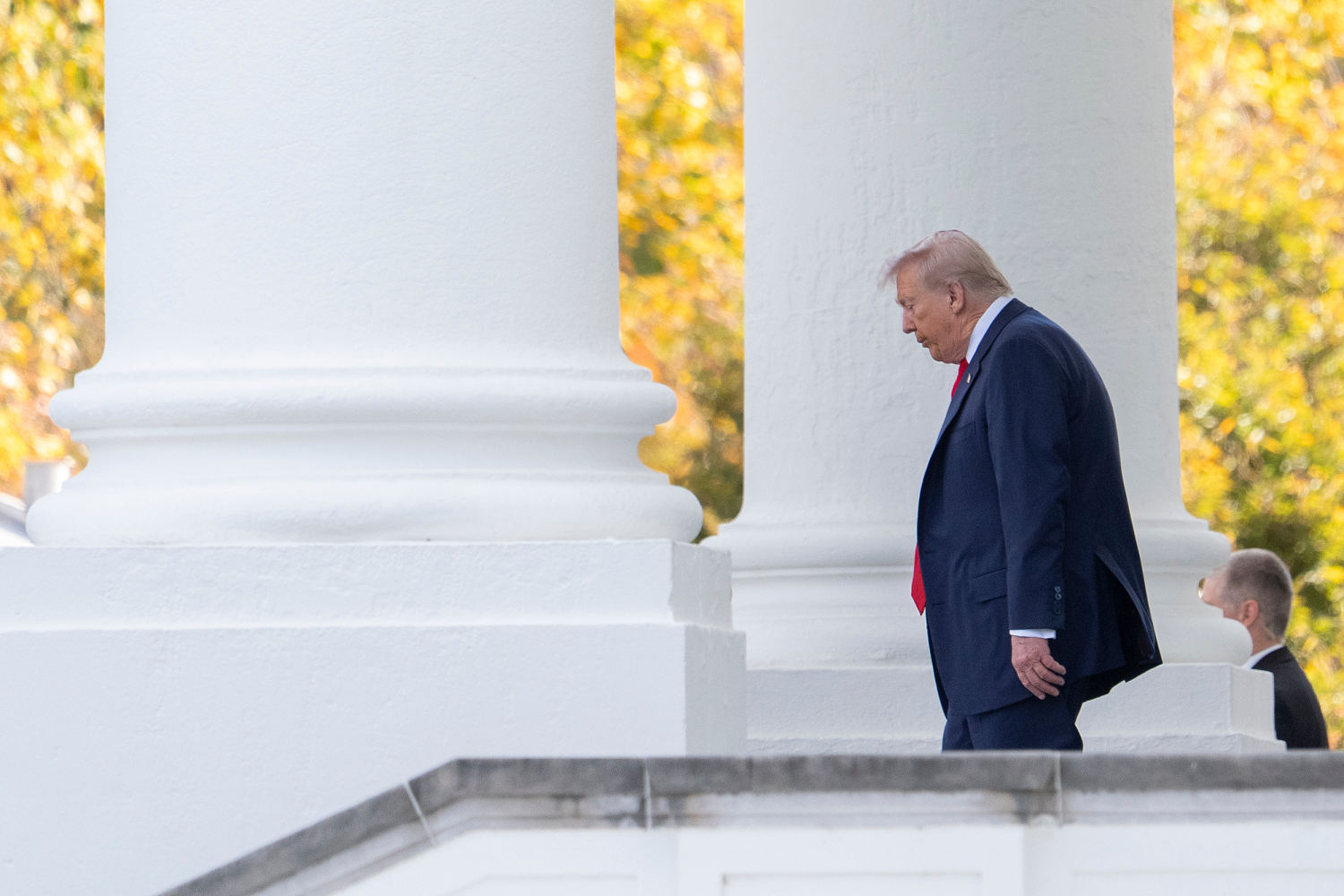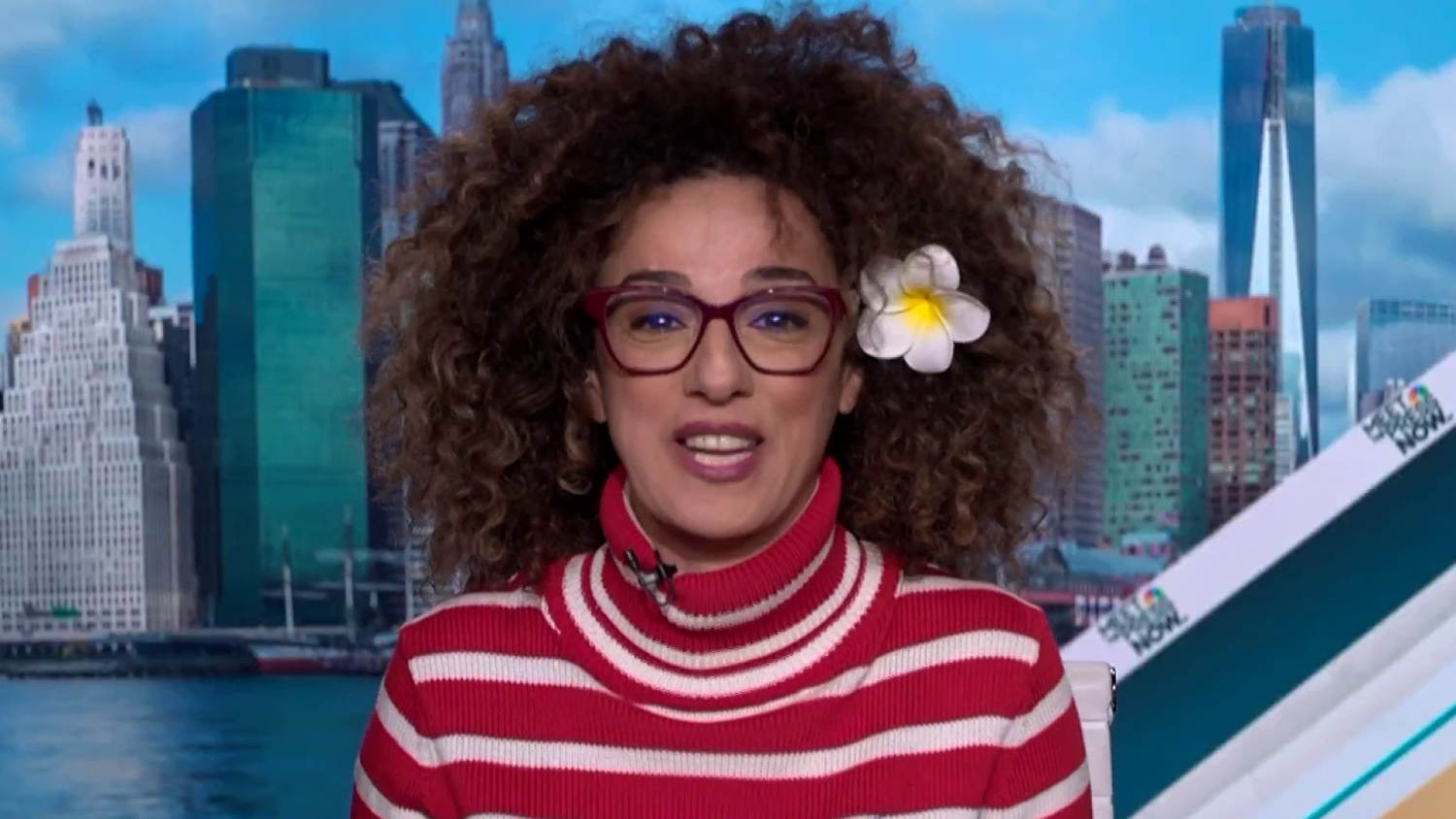Top Democrats emerged from a classified Capitol Hill briefing Wednesday expressing confidence in the intelligence behind recent U.S. strikes on suspected narco-trafficking vessels near Venezuela — but also faulted the Biden administration for what they called a failure to confront Nicolás Maduro after Venezuela’s disputed 2024 election.
The Office of Legal Counsel presented lawmakers with its written justification for a series of missile strikes in the Caribbean and eastern Pacific that U.S. officials say have killed 63 suspected traffickers. Lawmakers from both parties said the briefing reassured them the targets were legitimate, even as some voiced unease about the broader strategy.
"The final comment I’ll make is just that nothing in the legal opinion even mentions Venezuela," said Sen. Mark Warner, D-Va., the top Democrat on the Senate Select Committee on Intelligence.
"I think they do have visibility into drug trafficking," Warner added, saying he trusted U.S. intelligence assessments but would prefer traffickers be "interdicted and taken to court rather than blown up."
TRUMP TOUTS US STRIKE AS MADURO SLAMS MILITARY ‘THREAT’ OFF VENEZUELA
Secretary of State Marco Rubio, War Secretary Pete Hegseth and senior Pentagon lawyers led the closed-door briefing for congressional leaders and the chairs and ranking members of the Intelligence, Armed Services and Foreign Affairs Committees.
Lawmakers have complained for days about being left in the dark as the Pentagon launched multiple maritime strikes without first consulting Congress. Officials declined to discuss the intended scope or duration of the campaign and provided few details about who was killed or what evidence tied the targets to narcotics trafficking.
"Lots of mistakes could get made," said Rep. Jim Himes, D-Conn., top Democrat on the House Permanent Select Committee on Intelligence. "But again, they are applying the eyes and ears of our intelligence community to these boats. I don’t worry too much that there will be a strike on a fishing boat or a pleasure boat — but that’s always possible."
Himes said the administration described "the process by which these boats are selected," but did not share photographs or the identities of those killed.
House Speaker Mike Johnson also backed the intelligence underpinning the operation.
"We have exquisite intelligence about these strikes on these vessels," Johnson said. "We know the contents of the boats. We know the personnel almost to a person."
WASHINGTON’S SHADOW WAR: HOW STRIKES ON CARTELS THREATEN TO COLLAPSE MADURO’S REGIME
Officials told lawmakers there were no plans to expand the maritime campaign to land operations or to target Maduro directly.
"There are no apparent plans to expand this beyond what they say they are doing," Himes said.
Reports that the administration was considering potential strikes on Mexico did not appear to come up in the briefing, which lawmakers said focused almost exclusively on cocaine — some of which traffics through Venezuela — rather than fentanyl, Mexico’s top export.
"It’s as described — to stop the flow of drugs, and to be clear, to stop the flow of cocaine," said Himes.
Still, several Democrats said the Biden administration missed a critical moment last year to rally Latin American allies after Venezuela’s contested election, when independent monitors and several Western governments recognized opposition candidate Edmundo González as the rightful winner.
"I frankly think the Biden administration didn’t go far enough after the Venezuelan people voted overwhelmingly to get rid of Maduro," Warner said. "We missed a huge opportunity when Venezuelans — in numbers probably in the mid-sixties percent — came out against Maduro, even under threat of violence. The fact that we didn’t rally the region at that point was, in retrospect, a huge mistake."
After the July 2024 vote, the Biden administration imposed sanctions on high-level Maduro officials but stopped short of re-imposing broad restrictions on Venezuela’s oil sector — a move officials said could have driven up global fuel prices and worsened migration pressures.
By contrast, the Trump administration has taken a harder line. It reimposed sweeping sanctions on Maduro during Trump’s first term and has since increased pressure on the South American strongman in his second. The Justice Department has offered a $50 million bounty for information leading to Maduro’s arrest, and officials have not ruled out whether the current strikes could be intended to pressure him to step aside.
Asked in a CBS interview over the weekend whether Maduro’s days were numbered, Trump said:
"I would say yeah. I think so."
Pressed on whether the U.S. would go to war with Venezuela, he added,
"I doubt it. I don’t think so."
.png)
 2 hours ago
2
2 hours ago
2















 English (US)
English (US)